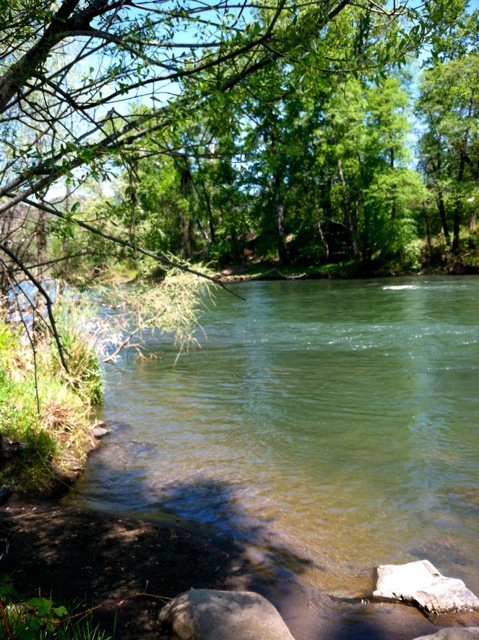Partner Interview: Jason Dedrick
Policy & Systems Analyst
City of Eugene, City Manager’s Office
What Community Service Center program(s) did you work with?
Community Planning Workshop (CPW)
University of Oregon Economic Development Center
Briefly describe the project(s) you work on with the CSC.
Recently we have been working with Bethany Stiener of CPW on the Diversity Equity Strategic Plan, I have also worked with Bob Parker on the Lane Livability Consortium project and also partnering with Resource Assistance for Rural Environments (RARE) when I worked for the Crooked River Watershed Council in Prineville, OR.
Why did you decide to work with the Community Service Center (CSC)?
The CSC has a good reputation in terms of quality work including staff and students. Working with students is compelling in that most bring a fresh approach to the process. These students are outsiders that come with a more creative approach than traditional organizations.
What were the benefits of engaging the CSC program?
The CSC has added value with student teams and is a proven partner in the community through their work on other city related projects. An added bonus is their convenient location on campus. I also think the academic environment brings a more thoughtful approach than a standard contractor, as the students and staff immerse themselves throughout the project.
What role did CSC staff/students/members have in the project?
The staff and student role was highly collaborative; they organized everything including meetings, survey development, timeline creation, adjusted and maintained the scope of work, and showed interest in all aspects of the project.
How did the engagement of the CSC program(s) increase your organization capacity to complete the project?
They flat out increased our capacity on these projects more than what we could do on our own staff time. They continued to bring added value, different perspectives, and new ideas throughout the process.
What advice do you have to other potential community partners about working with the CSC?
Just do it. Get involved with the student process, engage them and you will get more out of the project.
Call to Action:
The City of Eugene offers many great internship opportunities across our many departments and work groups. Check out the link below for information on becoming an intern. It provides you with real-world experience and is a fantastic addition to your resume.
http://www.eugene-or.gov/?nid=370
More about the Community Planning Workshop(CPW)

